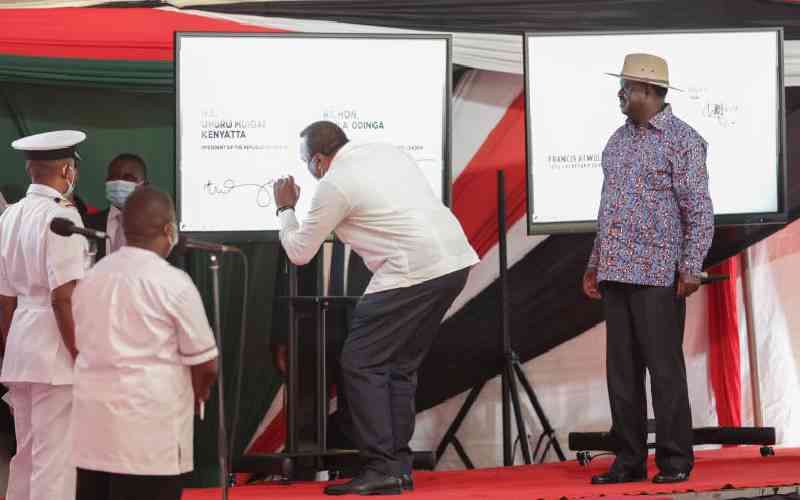×
The Standard e-Paper
Smart Minds Choose Us

Wastage. That is it. The National Dialogue Committee (Nadco) report is already going to waste.
There is an attempt to push some of its recommendations in slow-motion partly to buy time towards 2027 and partly to ensure some of the sticky issues, such as the high cost of living, die a natural death as people adapt to the new demands including increased taxes.